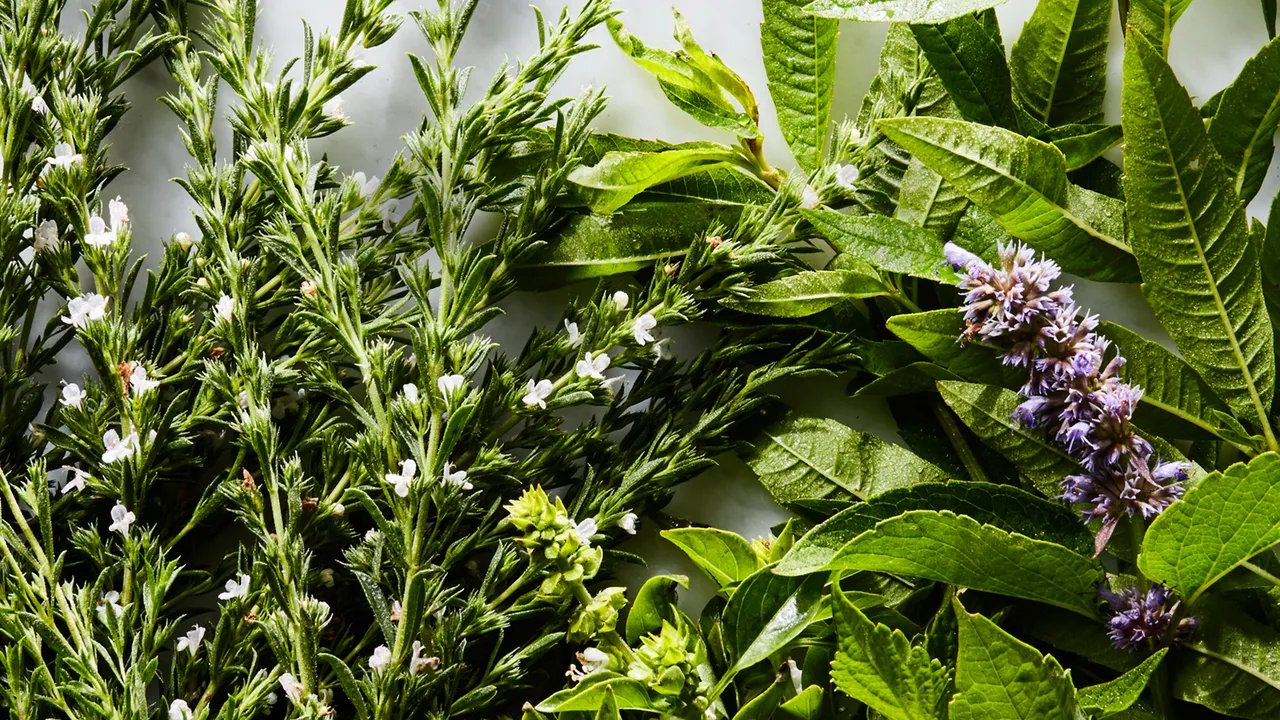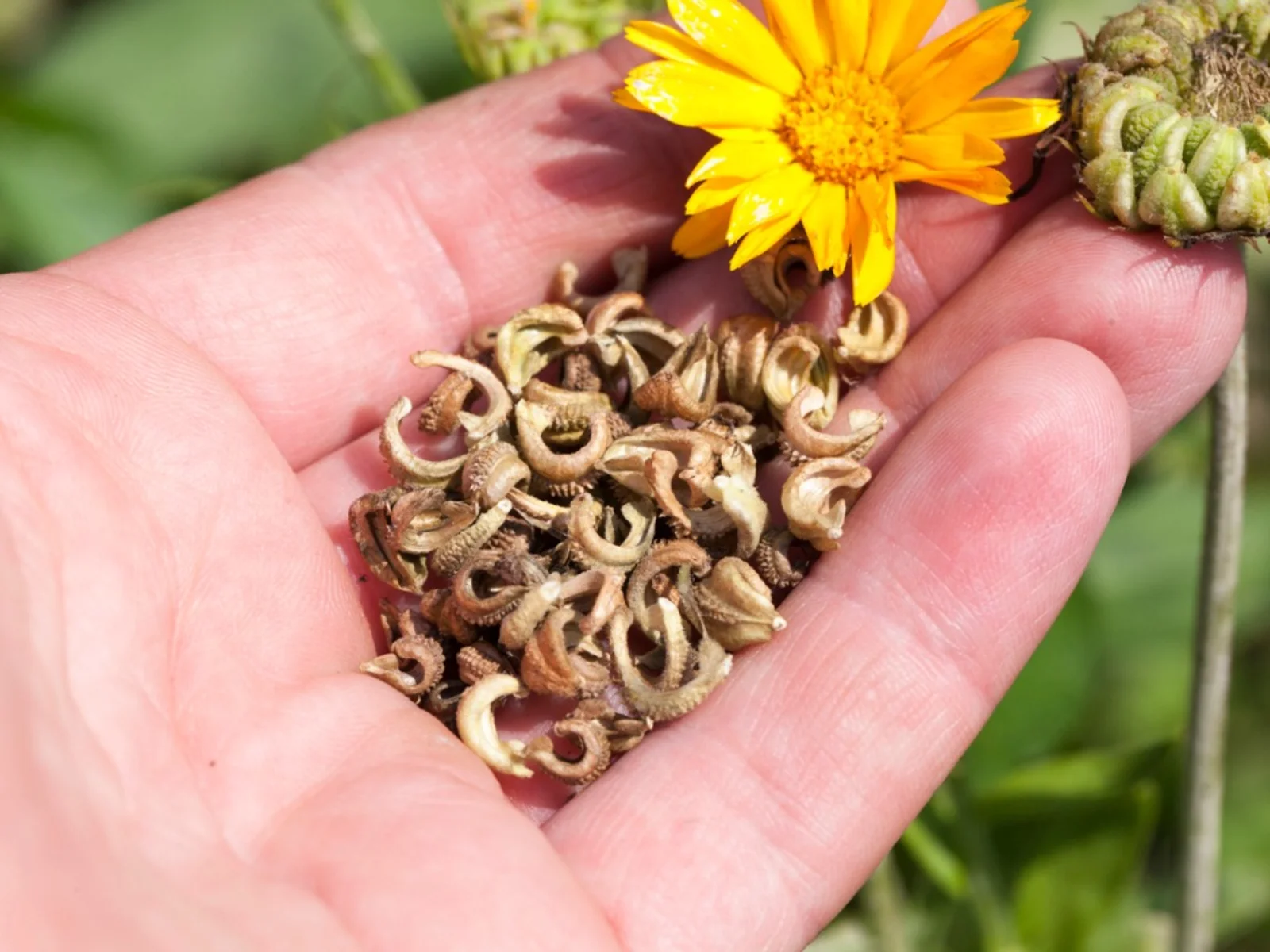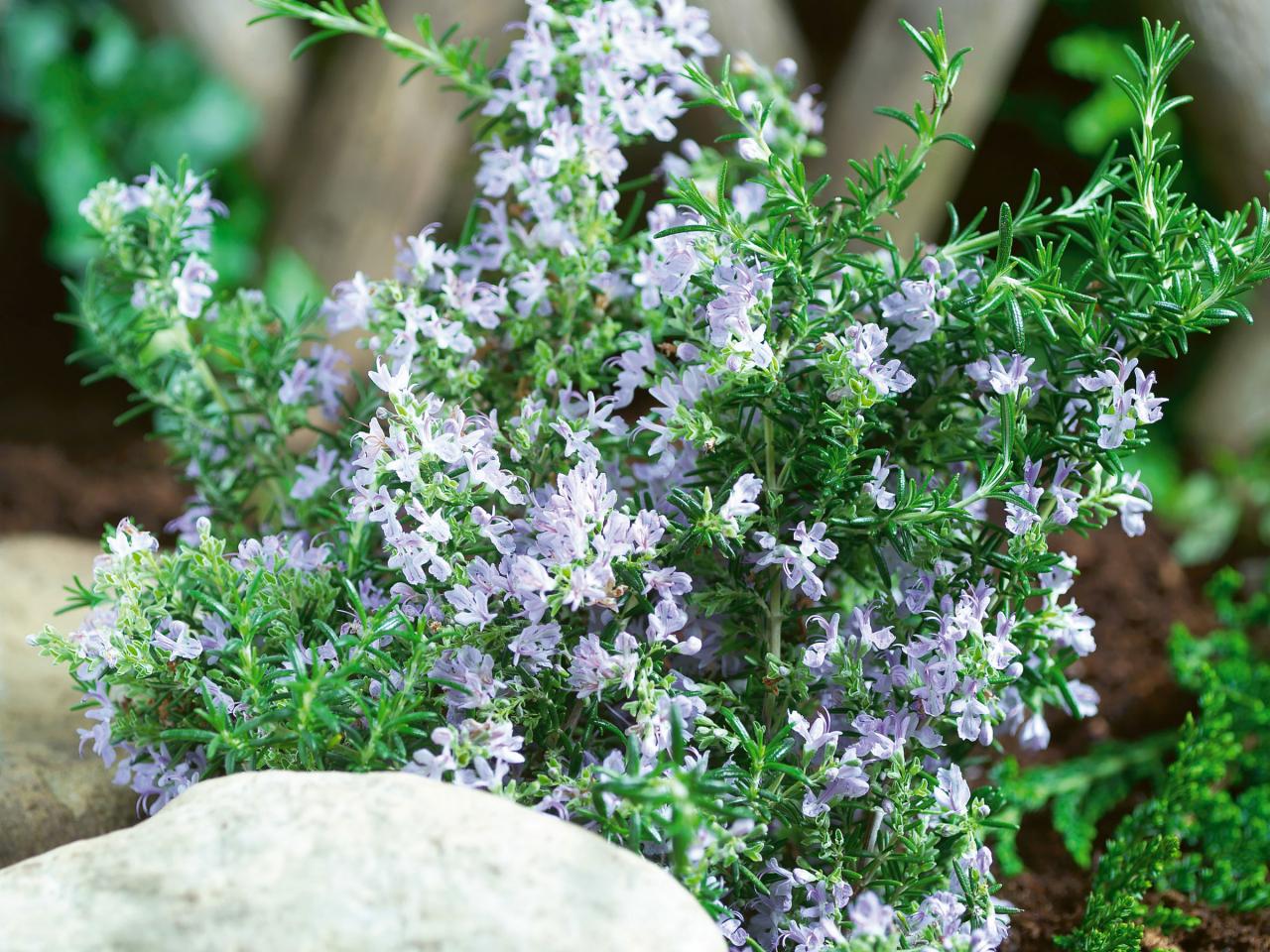Home>Types of Gardening>Edible Gardening>What Does Rosemary Taste Like?


Edible Gardening
What Does Rosemary Taste Like?
Published: January 30, 2024
Discover the unique flavor of rosemary and learn how to incorporate it into your edible gardening adventures. Explore what rosemary tastes like and elevate your culinary creations.
(Many of the links in this article redirect to a specific reviewed product. Your purchase of these products through affiliate links helps to generate commission for Chicagolandgardening.com, at no extra cost. Learn more)
Table of Contents
Introduction
The Flavorful World of Rosemary
Welcome to the enchanting world of rosemary, an aromatic herb that has been cherished for centuries for its culinary, medicinal, and ornamental properties. With its fragrant, needle-like leaves and robust flavor, rosemary adds a delightful dimension to a wide range of dishes, making it a staple in kitchens around the globe. In this article, we will delve into the sensory experience of rosemary, exploring its flavor profile, culinary uses, pairing possibilities, and health benefits.
Join us on a journey through the tantalizing essence of this beloved herb, as we uncover the secrets of its taste and aroma, and discover how it can elevate both the flavor and the nutritional value of your favorite recipes. Whether you are a seasoned chef or an enthusiastic home cook, understanding the unique characteristics of rosemary will empower you to create delectable dishes that tantalize the taste buds and nourish the body.
The Flavor Profile of Rosemary
Rosemary, with its woody and resinous aroma, offers a sensory journey that is both invigorating and comforting. The flavor profile of rosemary is characterized by a delightful combination of earthy, citrusy, and slightly bitter notes, culminating in a warm and peppery finish. As you crush the needle-like leaves between your fingers, the herb releases a burst of fragrance that evokes images of sun-drenched hillsides and bountiful gardens.
Upon tasting, rosemary imparts a bold and assertive flavor that is reminiscent of pine and eucalyptus, with a hint of lemon-like zest. This distinctive taste profile makes rosemary a versatile herb that can elevate a wide array of dishes, from savory meats and roasted vegetables to delicate pastries and infused oils. Whether used fresh or dried, rosemary adds a layer of complexity to recipes, infusing them with a captivating depth of flavor.
When incorporated into culinary creations, rosemary brings a sense of warmth and richness, imparting a touch of Mediterranean charm to the dish. Its robust flavor can stand up to hearty ingredients, enhancing the overall taste while imparting a refreshing and herbaceous essence. The aromatic allure of rosemary makes it a beloved herb in the culinary world, inspiring chefs and home cooks alike to experiment with its multifaceted flavor profile.
Culinary Uses of Rosemary
Rosemary, with its bold and aromatic presence, is a culinary powerhouse that can transform ordinary dishes into extraordinary culinary experiences. Whether used fresh or dried, this versatile herb adds a layer of complexity to a wide range of recipes, making it a beloved staple in kitchens across the globe.
One of the most popular uses of rosemary is as a flavor enhancer for roasted meats, particularly lamb and poultry. When paired with garlic and olive oil, rosemary infuses the meat with its distinctive aroma and flavor, creating a delectable harmony of savory and herbal notes. Additionally, rosemary sprigs can be used as skewers for kebabs, imparting their essence into the ingredients as they cook over an open flame.
Furthermore, rosemary’s robust flavor makes it a welcome addition to roasted vegetables, such as potatoes, carrots, and parsnips. When tossed with olive oil and sprinkled with fresh rosemary, these vegetables develop a tantalizing depth of flavor, accentuated by the herb’s earthy and citrusy notes.
Beyond savory dishes, rosemary lends its enchanting essence to sweet treats as well. When incorporated into shortbread or biscotti, it adds a delightful herbal undertone that balances the sweetness of the baked goods, resulting in a harmonious flavor profile that captivates the palate.
Moreover, rosemary-infused oils and vinegars are prized for their aromatic allure and culinary versatility. Whether drizzled over salads, used as a marinade, or employed as a finishing touch for grilled dishes, these infused concoctions harness the essence of rosemary, elevating the flavors of the accompanying ingredients.
From soups and stews to breads and cocktails, the culinary applications of rosemary are as diverse as they are delightful. Its ability to impart a captivating depth of flavor to a myriad of dishes makes it an indispensable herb in the culinary world, inspiring creativity and culinary exploration.
Pairing Rosemary with Other Ingredients
Rosemary’s robust and aromatic nature allows it to harmonize with an array of ingredients, creating captivating flavor combinations that elevate culinary creations to new heights. Whether used in savory or sweet dishes, the pairing possibilities of rosemary are as diverse as they are delightful, offering a myriad of opportunities for culinary exploration.
When it comes to savory dishes, rosemary forms a harmonious union with a variety of meats, including lamb, chicken, pork, and beef. Its earthy and citrusy notes complement the rich flavors of these proteins, adding a layer of complexity and depth. Whether used in marinades, rubs, or simply as a garnish, rosemary infuses the meat with its enchanting essence, creating a symphony of flavors that tantalize the taste buds.
Furthermore, rosemary’s affinity for roasted vegetables is undeniable. When paired with ingredients such as potatoes, carrots, and butternut squash, rosemary imparts its aromatic charm, enhancing the natural sweetness of the vegetables while adding a hint of herbal complexity. The resulting dishes are not only visually appealing but also bursting with captivating flavors.
In the realm of baked goods, rosemary’s versatility shines through as it effortlessly pairs with ingredients like citrus fruits, honey, and nuts. When used in citrus-infused cakes or honey-glazed pastries, rosemary adds a refreshing herbal note that balances the sweetness, creating a delightful contrast of flavors. Additionally, incorporating rosemary into nutty confections such as almond biscotti or walnut-studded breads yields a harmonious blend of earthy and aromatic nuances.
Moreover, rosemary’s compatibility with dairy products opens up a world of culinary possibilities. Whether infused into creamy sauces, incorporated into savory tarts, or churned into homemade ice cream, rosemary adds a layer of complexity to dairy-based dishes, resulting in a delightful interplay of flavors and textures.
From savory entrees to sweet indulgences, the art of pairing rosemary with other ingredients offers endless opportunities for culinary creativity. Its ability to complement and enhance a wide range of flavors makes it a cherished ally in the kitchen, inspiring chefs and home cooks to craft dishes that are as memorable as they are delicious.
Health Benefits of Rosemary
Beyond its culinary allure, rosemary boasts a wealth of health benefits, making it a valuable addition to a balanced and nourishing diet. Rich in antioxidants, vitamins, and essential nutrients, this aromatic herb offers a myriad of wellness advantages that have been revered for centuries.
One of the most notable benefits of rosemary is its potent antioxidant properties. The herb contains compounds such as rosmarinic acid and carnosic acid, which help combat oxidative stress and protect the body from cellular damage. These antioxidants may contribute to overall well-being and support the body’s natural defense mechanisms.
Furthermore, rosemary is celebrated for its anti-inflammatory properties, which may aid in reducing inflammation and alleviating related discomfort. Incorporating rosemary into the diet or using it topically in essential oil form may offer soothing effects, promoting a sense of comfort and relief.
In addition, rosemary is a good source of vitamin C, vitamin A, and other essential nutrients that are beneficial for overall health. These nutrients play a role in supporting immune function, promoting healthy skin and vision, and contributing to the body’s overall vitality.
Moreover, the aroma of rosemary has been linked to potential cognitive benefits. The scent of rosemary may have mood-enhancing effects and could potentially support mental clarity and focus. Whether used in aromatherapy or incorporated into culinary creations, the invigorating fragrance of rosemary has been cherished for its potential to uplift the spirit and sharpen the mind.
It’s important to note that while rosemary offers numerous health benefits, it should be enjoyed as part of a varied and balanced diet. Whether infused into teas, used in culinary preparations, or incorporated into wellness rituals, the multifaceted benefits of rosemary make it a cherished herb with a long-standing legacy of promoting holistic well-being.
In Closing: Embracing the Essence of Rosemary
As we embark on a sensory exploration of rosemary, we uncover a world of flavor, aroma, and wellness that captivates the senses and nourishes the body. This beloved herb, with its robust and aromatic presence, has woven itself into the tapestry of culinary traditions, offering a symphony of flavors and a treasure trove of health benefits.
From the sun-drenched hillsides of the Mediterranean to kitchens around the globe, rosemary stands as a testament to the enduring allure of nature’s bounty. Its earthy, citrusy, and slightly bitter notes infuse dishes with a warmth and richness that evoke images of bountiful gardens and cherished family recipes. Whether it’s enhancing the savoriness of roasted meats, adding depth to sweet treats, or promoting overall well-being through its antioxidant properties, rosemary has carved out a special place in both the culinary and wellness realms.
As we embrace the essence of rosemary, we are invited to indulge in its versatile applications, pairing it with an array of ingredients to create harmonious flavor combinations that delight the palate. Furthermore, we are encouraged to savor its potential health benefits, celebrating its role as a source of nourishment and wellness.
May our culinary journeys be enriched by the aromatic charm of rosemary, and may our wellness rituals be accompanied by its soothing and invigorating presence. Whether used in the creation of a comforting meal, the crafting of a fragrant infusion, or the cultivation of a sense of well-being, rosemary remains a cherished ally in the pursuit of a flavorful and nourishing life.
So, let us continue to savor the essence of rosemary, allowing its aromatic allure to infuse our culinary creations and wellness practices with a touch of Mediterranean magic and timeless wisdom.








